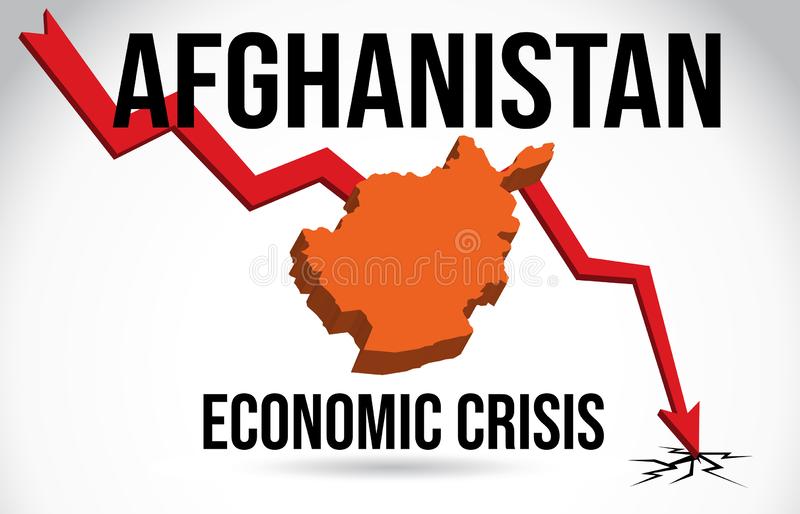Afghanistan’s economy is “formed by delicacy and help reliance”.That is the upsetting outline set out by the World Bank a while before the Taliban takeover. Monetary possibilities look significantly shakier now, as future monetary help is under a haze of vulnerability. Afghanistan has considerable mineral assets, yet the political circumstance has obstructed their double-dealing. The guide reliance is striking. In 2019, World Bank figures show improvement help was comparable to 22% of gross public pay (which isn’t equivalent to Gross domestic product, yet near it). That is a high figure, however, it is down far from the 49% the World Bank detailed 10 years sooner.
The fragility the World Bank refers to is illustrated by the very high levels of spending on security before the Taliban takeover: 29% of GDP, compared with an average of 3% for low-income countries. Security and severe problems with corruption are behind another persistent problem in Afghanistan: very weak foreign business investment. According to United Nations data, there were no announcements in the last two years of new “greenfield” investments, which involve a foreign business setting up an operation from scratch
The World Bank portrays Afghanistan’s private area as limited. Business is gathered in low-usefulness horticulture: 60% of families get some pay from cultivating.
The nation additionally has a huge unlawful economy. There is illicit mining and, obviously, opium creation and related exercises like sneaking. The medications exchange has been a significant wellspring of income for the Taliban.
Another factor likely to affect the economy is women’s employment. In the past decade, the percentage of the female population over 15 years of age in employment has risen dramatically, though at 22% in 2019 it was still low by international standards. Under the Taliban the change is likely to be reversed, further damaging economic prospects. There is also a great deal of uncertainty about financial stability in the immediate future. Crowds of people have been trying to withdraw their money from the banks. The Pakistan-based Afghan Islamic Press reported a Taliban spokesman as offering assurances to bank owners, money changers, traders and shopkeepers that their lives and property would be protected.
That there are even questions about the physical safety of financial operators is shocking. They do need to be confident if Afghanistan’s financial system is to function. But it also needs customers to feel their money is safe. That won’t happen quickly.

